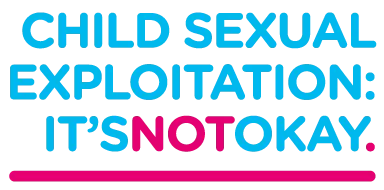Businesses
- Protect children
- Save your reputation
- Keep your licence
We all have a responsibility to protect children from child sexual exploitation, including local businesses.
Abusers often make use of certain businesses and premises when carrying out child sexual exploitation. For example, they:
- use places where people socialise and relax to befriend and ‘groom’ victims
- buy their victims ‘treats’ such as food, alcohol, cigarettes or gifts
- help their victims gain access to over-18 establishments and parties
- frequent venues known to be regularly visited by young people, e.g. shopping centres and entertainment complexes
- take advantage of young people drinking alcohol (underage), whose judgement is impaired
- provide victims with free transport using taxis
- use their place of work to ‘groom’ young people – for example by giving them free or ‘VIP’ access
- groom victims left unsupervised in areas such as toilets, entertainment booths, beer gardens or ‘play zones’
- use information technology to record and distribute images of children and young people
- use those venues that provide private areas or overnight accommodation to take advantage of vulnerable victims
What you can do
- Learn what child sexual exploitation is
- Understand how abusers could try and exploit your business or service for their abuse
- Be vigilant and recognise the signs
- Know where to go for information and how to report it
- Support our campaign
Licensed premises
If your business operates under a licence, your licence is at risk if you do not take action to protect children. The law states that premises licence holders and supervisors have to make sure that children are protected from physical, psychological and moral harm at their premises.
Premises allowing in under-18s also need to have systems in place to safeguard children and young people. You must prove that you have used ‘due diligence’ to manage the risk of exploitation in your venue.
Support the campaign
Please, do what you can to spread awareness of this issue and show your support for our campaign. Put off potential abusers from frequenting your business by displaying our posters and demonstrating that your business is committed to supporting our work to eradicate child sexual exploitation.
Read more
- Information about child sexual exploitation for people who work in the service sector – Barnardo’s website
Share with others:






